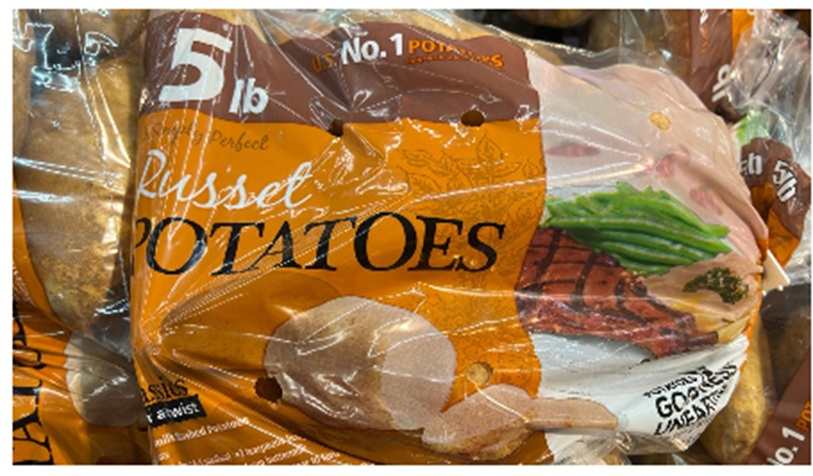In an era where environmental awareness is influencing consumer habits and industry standards, sustainable produce packaging bags are emerging as a smart and responsible alternative to traditional plastic options. These eco-conscious bags offer an effective way to package fruits and vegetables while minimizing the environmental impact of single-use plastics.
What Are Sustainable Produce Packaging Bags?
Sustainable produce packaging bags are made from materials that are biodegradable, compostable, recyclable, or reusable. They are designed to reduce pollution, conserve resources, and support long-term environmental health. Common materials include organic cotton, hemp, jute, paper, polylactic acid (PLA), and low-density polyethylene that can be recycled or reused multiple times.
Unlike conventional plastic produce bags, which often end up in landfills or waterways, sustainable options are designed to break down more easily or be reintegrated into the production cycle.
Why It Matters
The use of eco-friendly packaging is becoming more important than ever. Traditional plastic bags can take hundreds of years to decompose, and their widespread use contributes to the growing problem of plastic pollution. Switching to sustainable packaging for produce can significantly reduce waste and the carbon footprint associated with food distribution.
Moreover, consumer awareness is on the rise. Many shoppers are now actively looking for environmentally friendly packaging, and businesses or markets that adopt sustainable alternatives are often viewed more favorably.
Benefits of Using Sustainable Produce Bags
1. Environmental Responsibility
Sustainable produce bags help reduce landfill waste and environmental pollution. Whether reusable or compostable, they provide an earth-friendly way to handle produce.
2. Freshness Preservation
Some sustainable bags, especially mesh or breathable fabric types, allow better air circulation around produce, helping fruits and vegetables stay fresh longer.
3. Consumer Preference
People are increasingly choosing brands and retailers that demonstrate a commitment to sustainability. Offering eco-friendly packaging helps meet these expectations.
4. Regulatory Compliance
Many regions are enforcing regulations to limit or ban single-use plastics. Using sustainable produce packaging ensures compliance with such rules and prepares businesses for future legislation.
5. Versatility
These bags are available in a wide range of styles, sizes, and materials to suit different types of produce—from delicate herbs to bulky root vegetables.
Types of Sustainable Produce Bags
- Reusable Cloth Bags: Made from cotton, hemp, or recycled fabric. Ideal for repeat use and machine washable.
- Compostable Bags: Often made from plant-based materials like corn starch. Break down in composting environments.
- Recyclable Plastic Bags: Designed for durability and multiple uses, with the ability to be recycled after use.
- Paper Bags: Biodegradable and recyclable, often used for dry or lightweight produce.
Final Thoughts
Sustainable produce packaging bags represent a practical and responsible solution to one of the modern world’s growing environmental challenges. By embracing options that are kinder to the planet, individuals and businesses can contribute to a cleaner, greener future. Whether reusable, recyclable, or compostable, these bags are a small change that can make a big impact.
For a deeper understanding of biodegradable materials.

